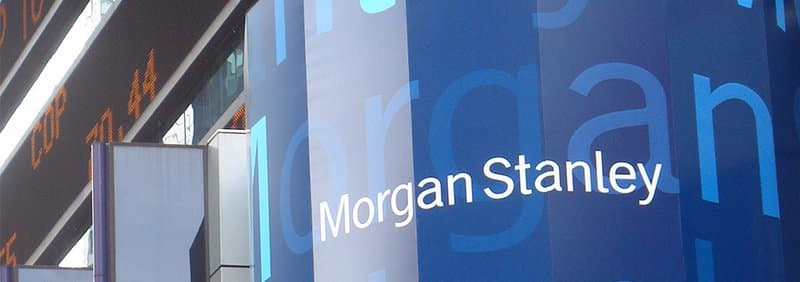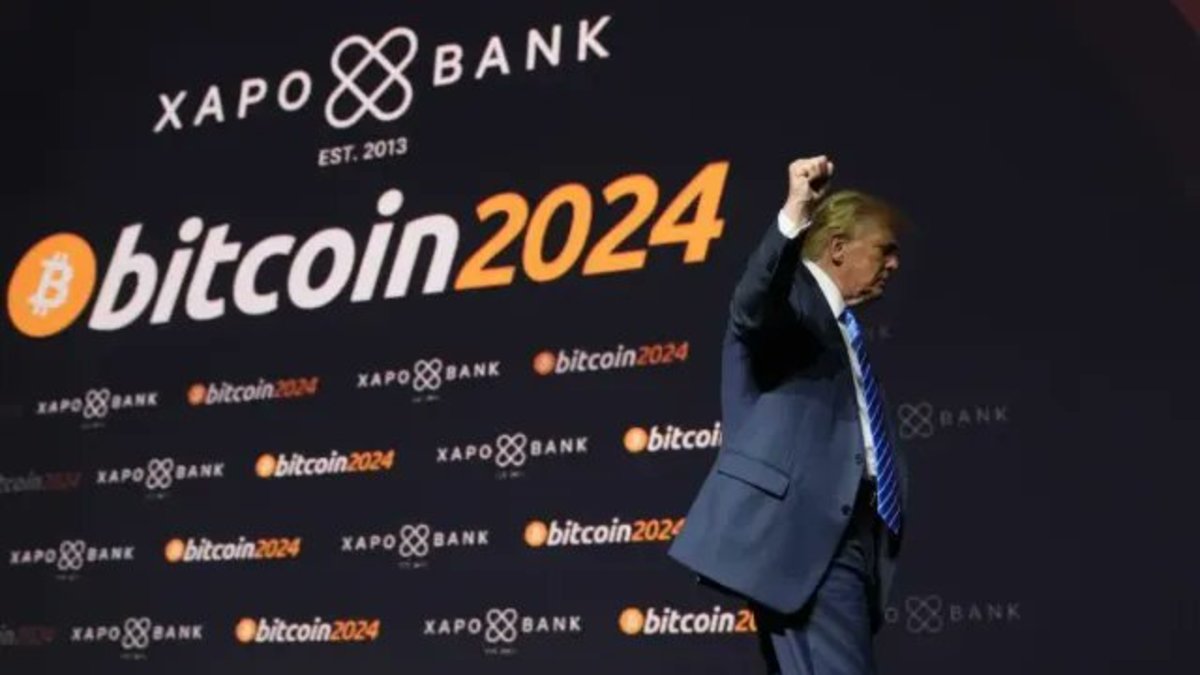Living on Bitcoin Day 5: An In-Store Buy At Last (Spoiler: It’s Pot-Related)

This is the fifth instalment of reporter Colin Harper’s “Living on Bitcoin” experience in San Francisco. Find out what happened to him earlier on Day 1 , on Day 2 , on Day 3 and on Day 4.
I woke up in a millionaire’s bed today, something I never thought I’d say because I ain’t gonna make a million bucks, and I always doubted I could’ve finagled my way into the bed of someone who had.
Jeremy’s room is your prototypical festival bro living space: Bob Marley poster in one corner, jam band festival posters for Camp Bisco and Gathering of the Vibes (among other music festivals) tacked above a 50-inch, Toshiba plasma screen, which was leaning against the wall and propped up on the box it came in. A tangled cluster of conference passes (many speaker or VIP) hung from a back wall above the felt loveseat.
Below one of the room’s three windows, there’s a bookcase sectioned off into six cubbies, which include Hunter S. Thompson, Michael Lewis, Truman Capote, and some self-help and econ/business books. Almost poetically, a book called Ego is the Enemy appropriately placed in a cubbie diagonally opposite to the one housing Tucker Max’s Assholes Finish First.
On the third floor, I made the coffee I bought at Whole Foods, warmed one of the croissants and did some work.
Over Slack, my colleague Aaron van Wirdum suggested I try a map called Bitcoin Map on the Google Play store to see if it had any bitcoin-accepting places listed that I could be missing. I pulled it up, browsed some places I had previously tried but knew no longer did. Then, I glanced at Haight-Ashbury on the map one last time and noticed a smoke shop and one-time hookah lounge that accepted bitcoin.
On the off chance, I called them up.
“Do you guys still accept bitcoin?”
“Yes, we do.”
“Seriously?!”
“Yes.”
Exuberant, I let a triumphant expletive slip and thanked the woman, assuring her that I would be by later that day.
It would be a smoke shop that becomes the first place where I can spend some bitcoin, I thought to myself.
With that victory, my spirits were lifted and I began to make preparations for my day. Needing to get more credit for Uber, I tried out Gyft, a gift card purchasing platform that made Hill’s second run at this in 2014 so much easier. Vinny Lingham started it, and the platform accepts other forms of payment than just bitcoin.
I couldn’t use it though. I tried to buy an Uber gift card, but my Samourai wallet wouldn’t accept the BitPay QR as valid (which, given Samourai’s general crypto maximalism, made sense and also seemed to sum up the difficulties of the experiment to that point). I opted for Bitrefill again.
Then I started doing some research on Kraken and Coinbase’s locations in San Francisco. According to Google, they have the same office address, which I found odd.
Putting the address into my Uber app, I decided to make my way to the heart of San Francisco’s Financial District to see if I could pester my way into either or both offices. “Just show up and ask to talk to people,” Hill’s advice echoed in my head.
The addresses I got on Google led me to a mailing address, but then a bit of sleuthing got me addresses (supposedly) of the actual offices for both Kraken and Coinbase. Kraken’s, though, turned out to be a FedEx, which led me to think that my informant was screwing with me or that Kraken had registered that address intentionally so as to not be bothered.
Coinbase’s office was right, so I cut the informant some slack. I secured a receptionist’s number from the security desk in the lobby but didn’t really have time to make an appointment for later. This wasn’t 2013 anymore: I couldn’t just drop in on their three employees in an apartment office anymore. This was 2019 and Coinbase had become a unicorn with more than 500 employees and six offices in three countries.
The rain was light but steady when I was searching for Kraken and Coinbase’s offices, but it would come down progressively harder the longer I walked. I passed a Target on my route in which I could have bought an umbrella (Paxful and Gyft have Target cards), and it highlighted a problem with banking on bitcoin through gift cards. You have to preplan your purchases, or else you have to stop, connect to wifi, and use an exchange that takes bitcoin to buy new cards before you can redeem them.
It seems obvious, but it’s not as seamless as cash, debit or credit. Even so, there aren’t so many hoops to jump through — just enough to make doing so outside in the rain an inconvenience.
My denim jacket was thoroughly soaked, so I stopped inside a Starbucks and ordered a coffee with a Starbucks gift card I bought on Paxful. I ordered a seasonal latte, basic white boy that I am, but I had the barista only pump about a third of the usual flavor shots into it because I don’t like drinking syrup.
While downtown, I visited Quantstamp’s offices, as Christian had set me up with a buddy of his who worked there, Jared let me in and we talked crypto. He mentioned a bubble tea cafe nearby that used to accept crypto, but it proved to be yet another red herring, making me worry that maybe the smoke shop on Haight might not either.
Ubering back to the castle, I sent some additional funds to my Samourai wallet ahead of my trip to the shop. Rachel wanted to come along, partly I think for the fun of it but also because she was fiending for some Juul pods and was banking on my generosity to secure her some.
We reached the smoke shop shortly before close as one employee was busy allocating merch to a back closet. It was what you expected from a smoke shop: pieces, bongs and actual tobacco pipes in various sizes and in a motley of translucent, glass-infused colors. They sell smokes and vaping supplies too, but no Juuls or Juul pods (to Rachel’s great dismay).
Approaching the counter, I try to confirm what I’d been told over the phone.
“Y’all take bitcoin, right?”
“Bitcoin? Yes, I think,” said the middle-aged, Asian woman, hesitantly. “We used to at least. Ask him,” she says, pointing to the man stacking the backroom with inventory.
Her husband, a middle-aged, white guy with glasses, a mariner’s cap and close-shaven beard, who looks like he might read communist theory and know his way around a VPN, dashed my bitcoin-spending hopes with his answer.
“I don’t think so. Honey, do we still have the payment processor?” he asked.
They didn’t. Snapcard, which may have very well been the same defunct-processor that Woot Bear used, was no longer in service, so they stopped taking it some time ago. They had originally decided to start accepting bitcoin in 2013-2014 when it was “cool” to do so, and the husband was kicking himself for not doing it sooner.
“People would want to come in and buy rolling papers and we didn’t want to take it, which was stupid,” he chuckled.
I asked if they still had a Coinbase account to which I could send bitcoin, but the wife said that her son held the account and they didn’t know how to use it. After a few more failed attempts at trying to find a solution, I gave up, thanked them and left the shop.
As I left, I was convinced there was some grand conspiracy to keep me from spending bitcoin, until the woman peeked her head out of the shop to beckon us back.
“I think we figured it out,” she said.
Eager and a bit antsy, I leaned over the counter to observe her Coinbase app while I tried for the items I had picked out (a glass piece that’s totally not for me and white sage for the castle). As it turned out, they weren’t verified with Coinbase, so they could only buy/sell on Coinbase and not send/receive. This annoyed me: Why do one when you can’t do the other?
“It’s ok,” I said, resigned at this point.
But the woman insisted. She was nice enough to let me just scan the QR code for her son’s wallet, and she even gave me a five buck discount on the piece.
Effusive, I thanked them and asked for their names, which they prefered I not publish here. Apparently, San Francisco is not too friendly to tobacco shops.
“The city is trying to annex the smoke shops,” the husband told me. That coupled with the stigma of bitcoin and the illicit drug market’s symbiotic dependence on the dark web (and the fact that the business is basically a head shop) made them wary enough of potentially damaging publicity.
The fact that the transaction almost happened then didn’t, only to almost not happen and then succeed was representative of how the experiment has been panning out so far. The bitcoin PoS was makeshift, but it finally happened, and I was happy enough to finally get the first IRL transaction out of the way, even if it came on day five. It was also directly peer-to-peer — no middleman payment processor involved, which I liked.
Finally, something to write home about.
Returning to the castle, I would spend the rest of the night fraternizing with the residents who were quickly becoming acquaintances and friends. They all had their own goals and projects, and the interactions in my short time with them will be worth a story one day.
There’s Rachel, who’s known Jeremy since 2015; Liz, the Queen of the Castle (obviously); Michael, a laid back relations or community manager who “kinda does crypto but not really;” Orest and Aymard, who work at Ausum Ventures with Jeremy; Teddy and Hans, who are building a blockchain query database for legal documents; Vivian, the VP of the same self-driving car startup, comma.ai, that used to reside in the castle’s basement; and a prodigious, 18-year-old developer-entrepreneur who runs his own AI financial consultation startup and whom Jeremy referred to once as his “protégé.”
“So, are you like the wunderkind developer prodigy of the house?” I asked him.
“Pretty much. But it’s not just that.”
“What, like you’re also the wunderkind entrepreneurial prodigy?”
“Something like that,” he responded with a smile and honest innocence.
He told me he would rather not be identified in the article because the banks and other businesses he works with don’t know that he’s still a kid, he confessed. That he had operated so long without them finding out was astounding to me.
The Prodigy began his company when he was a freshman in high school. No, not college (he never took that road), high school. In the company’s early stages, he decided to go all in on his vision.
“So I pretty much left high school.”
No diploma or degree to speak of, he moved to San Francisco when he was 15. In what would have been his sophomore year, he was focused on driving business growth while his peers were testing for learner’s permits.
An early investor in Ethereum and a sometimes crypto-head, he met Jeremy at a crypto castle party in 2017, and Jeremy would take him under his wing and offer him a home.
Now he works out of the community surrounded by the advice and the tutelage of the castle’s residents, who, while still young entrepreneurs themselves, have plenty of experience and tips to impart to the kid.
I highlighted The Prodigy here because or his age and precociousness but also because the whiz-tech kid who eschews education in favor of just doing makes for a pretty good story. Realistically, I could have profiled some of the other residents and their endeavors as well (for instance, I plan on doing an article on some of the innovative, impactful startups Ausum Ventures has invested in).
But The Prodigy particularly personified the house’s ethos: driven, focused, entrepreneurial and hardworking.
“Do you do drugs or drink?” I asked him.
“No. Never.”
“Good. Don’t,” I advised him.
Truth is, considering the portrait of the millionaire party boy that has been painted of Jeremy in the past, the castle was nothing like that. It wasn’t like the mainstream coverage would imply: no end-to-end daily benders or booze-infused ragers. I don’t think anyone even touched a drink while I was there. Everyone was busy working. As Rachel would tell me, “No one drinks here. They all have shit to do.”
As Kashmir Hill did in her original journey, Colin is accepting BTC tips to help him along the way.
Tip jar: 3CnLhqitCjUN4HPYf6Qa2MmvCpSoBiFfBN
This article originally appeared on Bitcoin Magazine.









